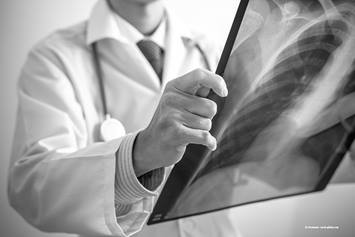Diagnostic Procedures
The moments surrounding your child's diagnosis can be a stressful and confusing time. At The Heart Center, we want you to feel as comfortable as possible every step of the way. Below are brief definitions of our most common diagnostic procedures with links to more detailed resources. If you have any questions about your child's diagnosis, always ask your care team.


